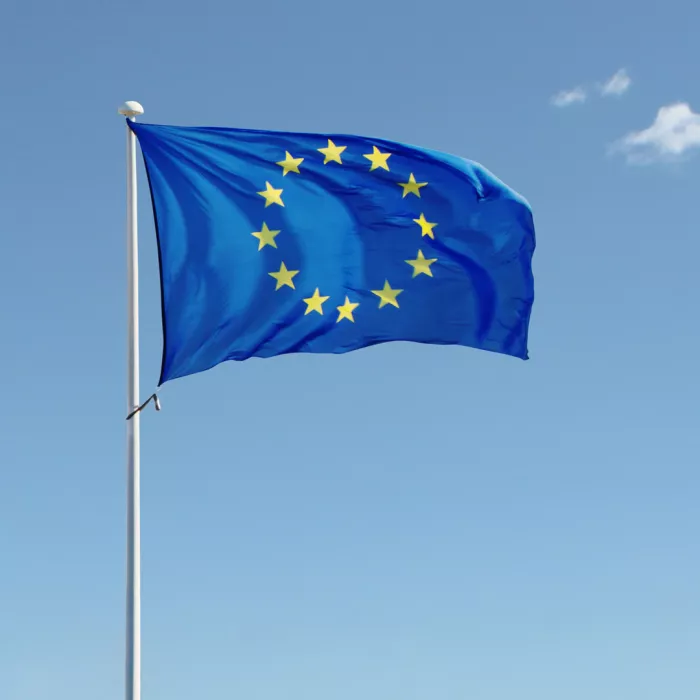
POPULISM IN EUROPE AND BEYOND

- Centro Jean Monnet
Scholars have investigated populism in different world regions since its first manifestations in the late XIX century. However, save for some noticeable exceptions, the study of populism in Europe has slowly developed only from the 1990s, taking off from the early 2000.
A backlash against immigration, European integration and GAL (Green, Alternative and Libertarian) social orientations was immediately identified as the main driver of the electoral growth of populist parties, which however remained, in most cases, in opposition. With the Eurozone crisis (2009-2014), academic research in Europe has considerably widened its scope, investigating the growth of left-wing populism and giving due consideration to the impact of economic transformations and policies.
Finally, the outcome of the Brexit referendum in the UK and the election of Donald Trump in the US (2016), preceded by the reconfirmation in power of Viktor Orban’s Fidez in Hungary (2014) and the victory of Law and Justice in Poland (2015), gave the ultimate impulse to an already burgeoning and expanding scholarship. Since then, the literature focusing on Europe has started to systematically investigate the relationship between populism and democracy, with a specific focus on the impact of populist governments on the Rule of Law, particularly within the European Union.
The Round Table aims to place European populism in a comparative perspective, presenting research-based reflections on the most recent and topical developments. Benefitting from an established line of research in the ‘Europe’ cluster of the School of International Studies’ (SIS) and from the presence of three authoritative guests – from the University of Florida, University of Lausanne and the Free University of Bolzano – the Round Table addresses causal links between populism and the rule of law, and between populism and economic crises/conditions/policies.
The Round Table is organized within the Jean Monnet Chair “Learning Models of Multi-National Democracies for the EU’s Political Sustainability” (LEMONADE), held by Prof. Emanuele Massetti at the SIS.
Chaired by Emanuele Massetti (University of Trento)
14.30-14.40
Introduction
Stefano Schiavo (SIS Director), Emanuele Massetti (Jean Monnet Chair)
14.40-15.10
Populism in Europe Seen from Outside
Carlos de la Torre (University of Florida)
15.10-15.20
Q&A
Session I- Rule of Law
15.20-15.40
Populism between Global Drivers and National Specificities. The case of Italy
Carlo Ruzza (University of Trento)
15.40-16.00
Rule of law and populism in the European Union: which direction?
Luisa Antoniolli (University of Trento)
16.00-16.15
Q&A
Session II - Economics
16.30-17.00
The rise of radical-right populism: does economics matter
Oscar Mazzoleni (University of Lausanne)
17.00-17.30
Economic policy competence, voters' dissatisfaction and populist votes
Federico Boffa (Free University of Bolzano/Bozen)
17.30-17.45
Q&A
17.45-18.45
Final discussion